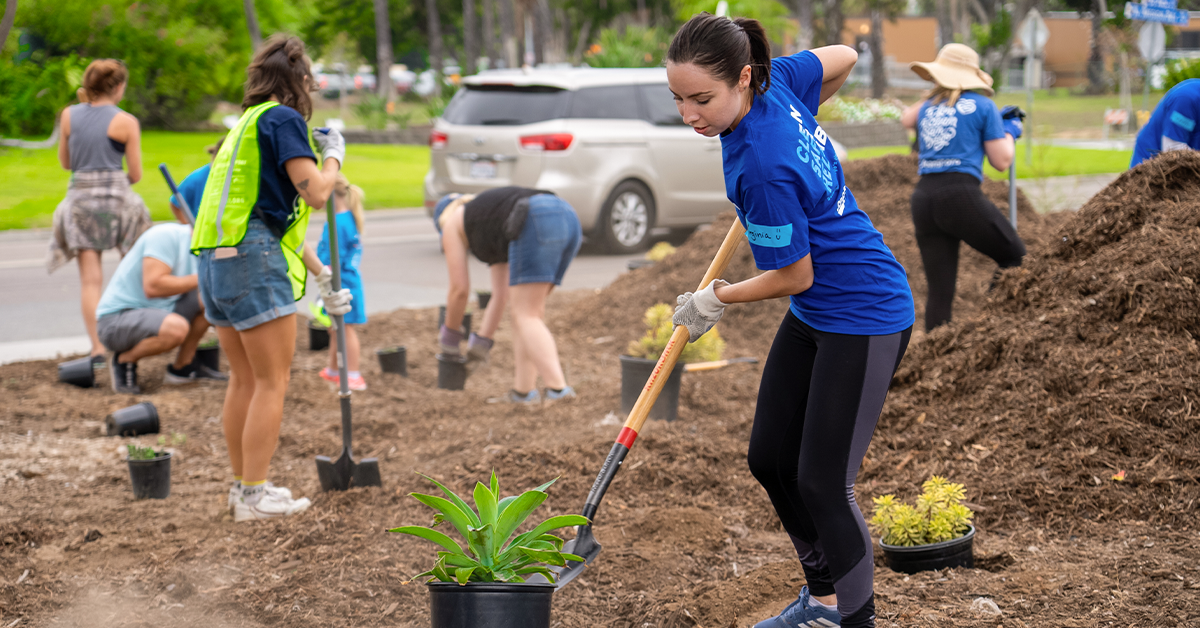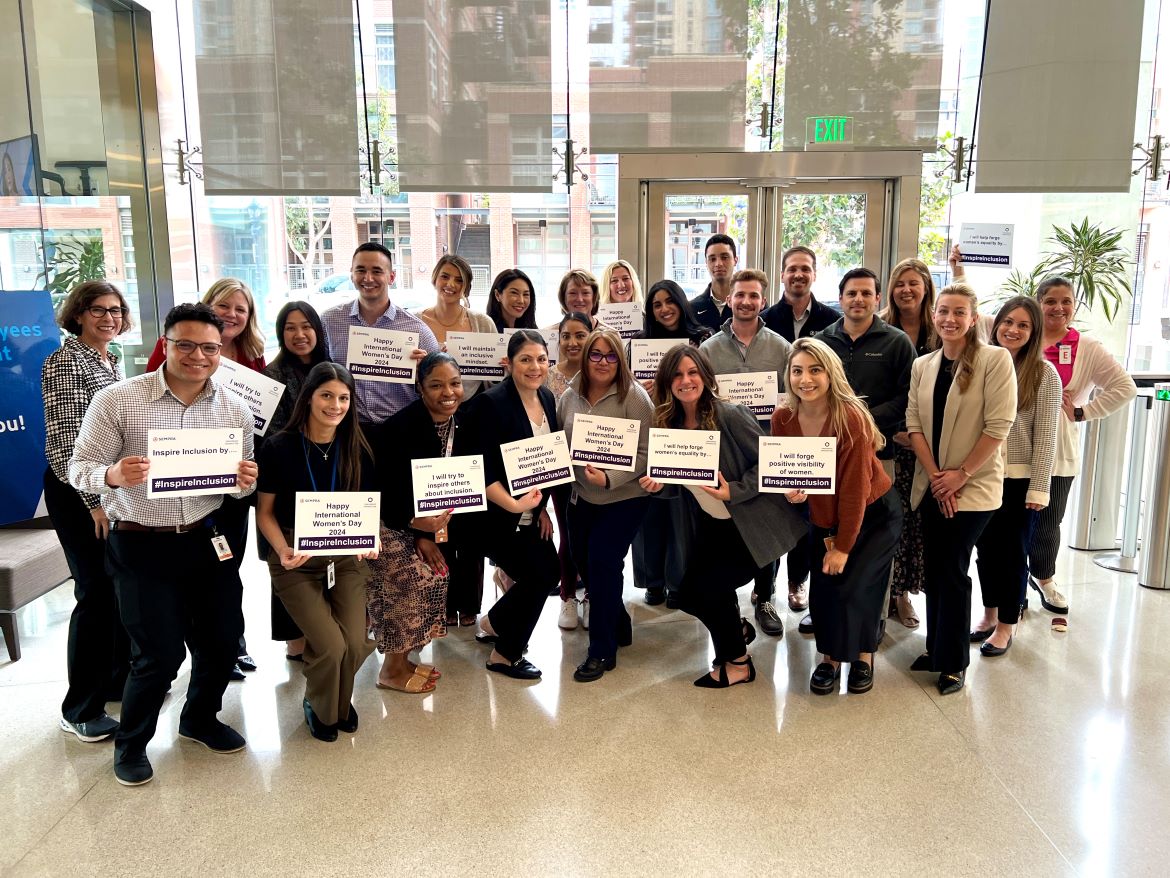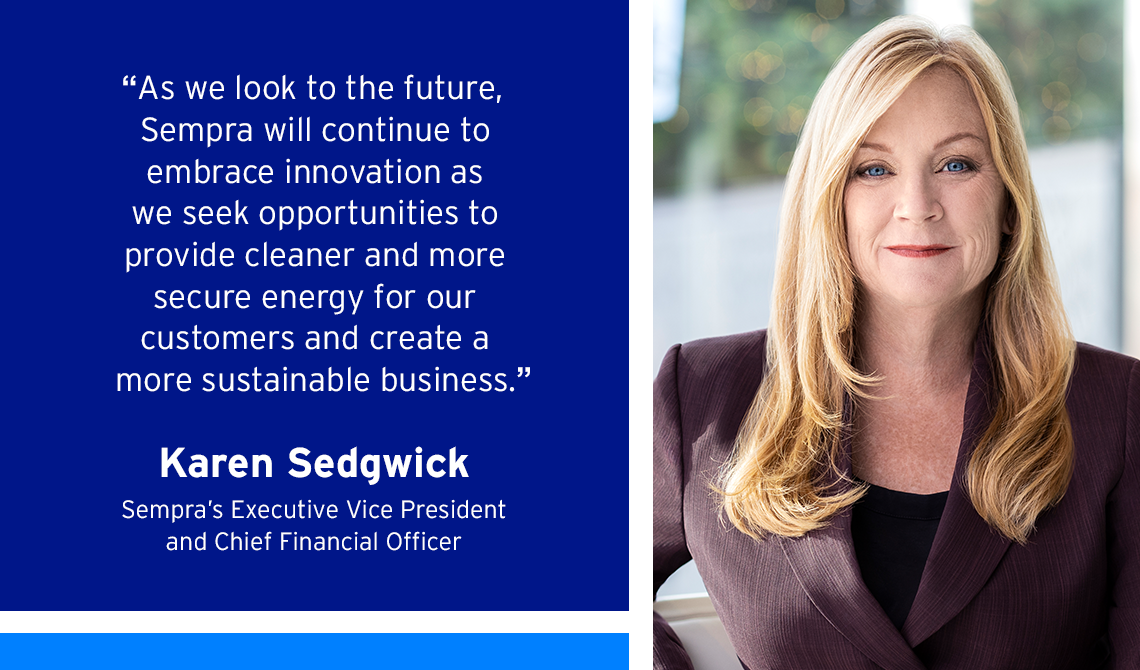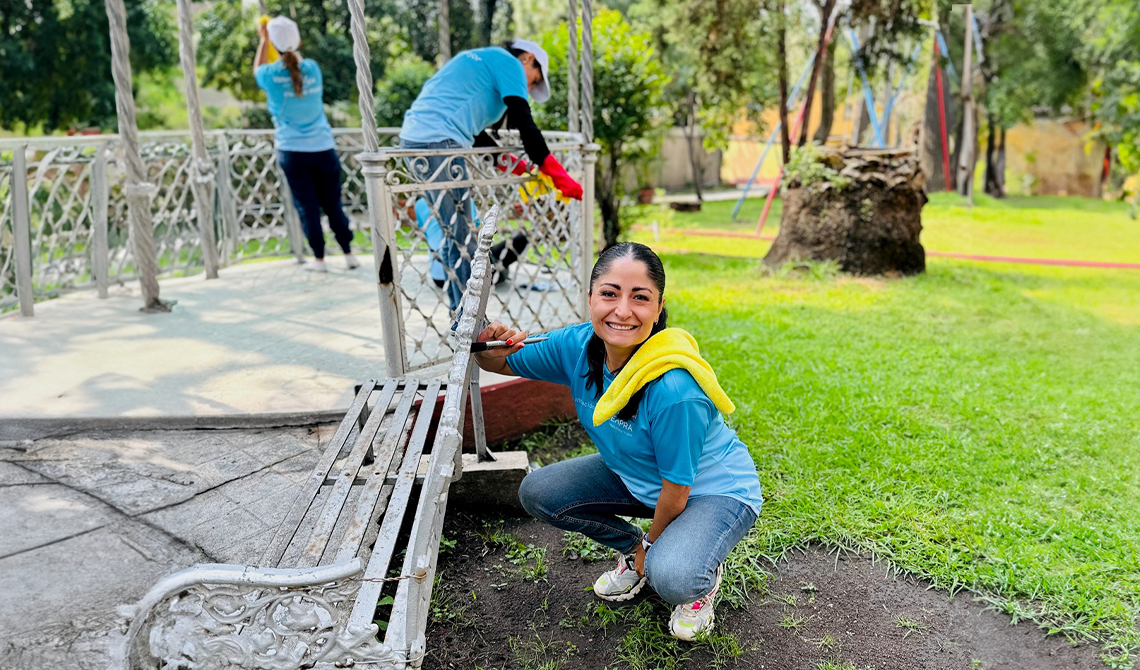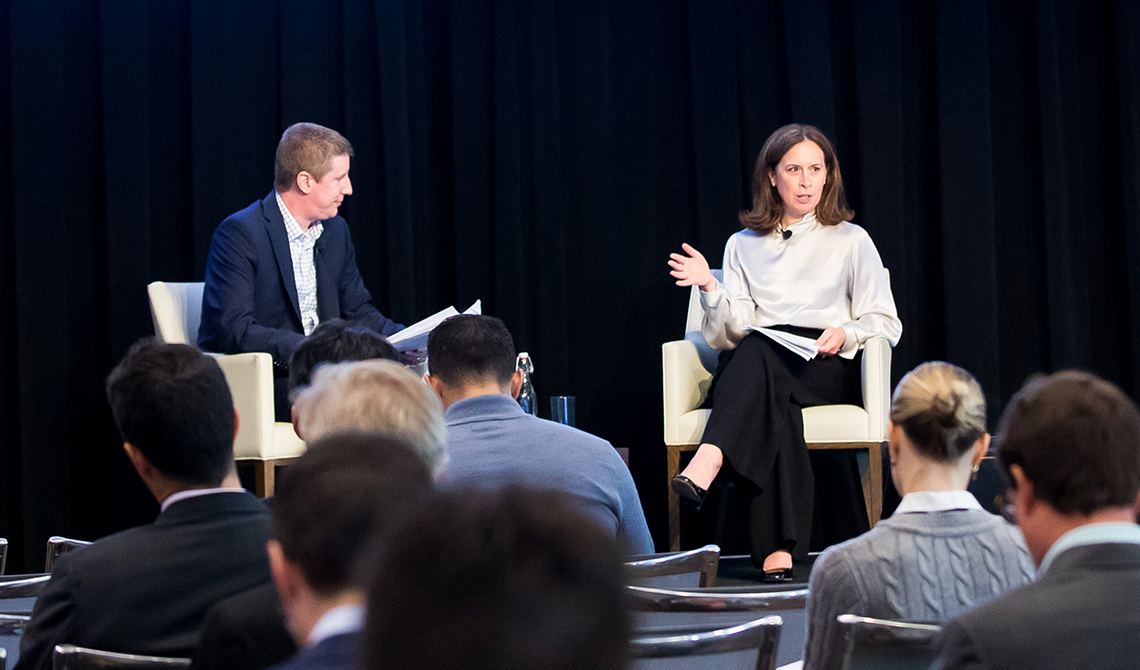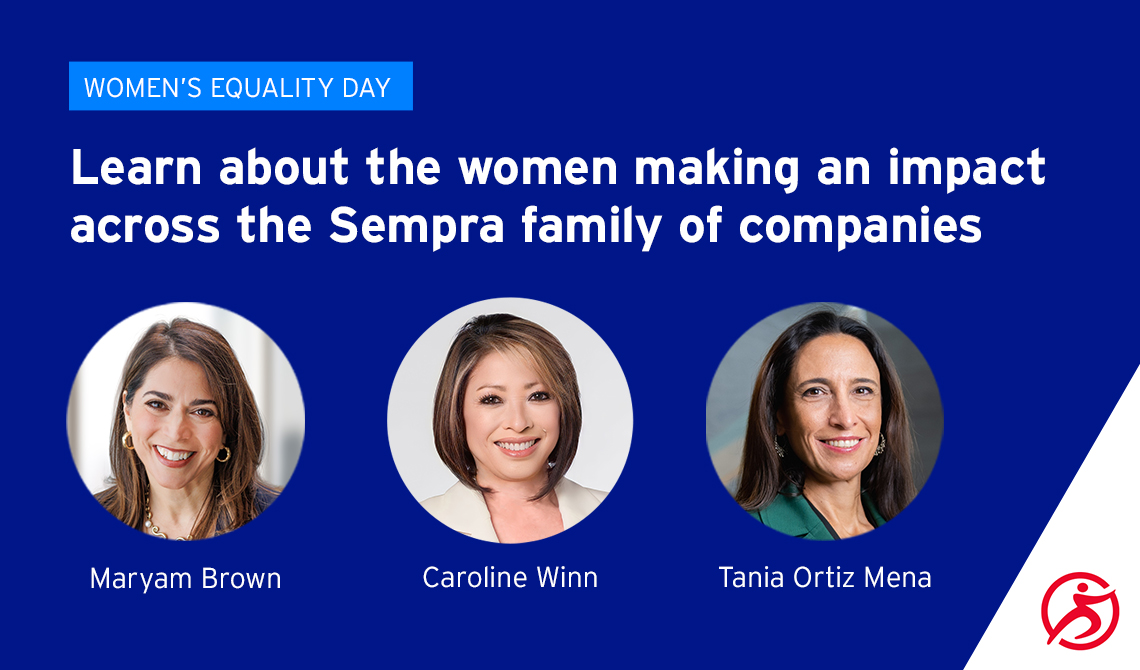Robert Borthwick is deputy general counsel for Sempra. In this role, Borthwick leads the litigation, employment law, law department operations and compliance functions.
Borthwick has served in various leadership roles since joining Sempra in 2003. From 2018 to 2019, he was general manager of Sempra Renewables, leading all aspects of Sempra’s renewable energy business segment, including operations, finance and commercial development, as well as supporting the sale of its U.S. wind and solar assets. He previously served as general counsel of Sempra Renewables and Sempra LNG, and also led the environmental, health and safety, regulatory, human resources and external affairs groups supporting both companies.
Learn more about Rob Borthwick in this Q&A:
Walk us through your career. How did you get to where you are today?
I have worked for all three branches of government, so I suppose at some point I am destined to become a civics teacher. After college I worked on Capitol Hill, then after law school became a law clerk for a federal judge in Los Angeles and then was a federal prosecutor. When you add in practicing at a law firm and my role here at Sempra, I’ve had the opportunity to explore the legal field from all angles. It’s given me great perspective and appreciation for the complexity of our legal systems in this country.
What are your daily responsibilities as Deputy General Counsel for Sempra?
Since the pandemic began, Erbin Keith and I have led the Sempra law department. We collaborate with the general counsels of each of our operating companies and I personally work with four teams at the parent company— the litigation group, the labor and employment group, the compliance group and the legal operations group. I talk a lot with the leaders of each of those teams to make sure they have everything they need to be effective and help the company address issues ranging from COVID-19 regulation compliance to complex litigation. By ensuring these issues are managed appropriately, the rest of the company can then focus on carrying out our important work to advance the energy transition and a better future for all.
In the legal field, doing the right thing is particularly important. Can you talk a bit about what this Sempra value means to you?
I love helping out with new employee orientations and we go through the three Sempra values — do the right thing, champion people and shape the future — and the one I always emphasize is do the right thing. All of the values are very important but for me, doing the right thing is critical. You can do lots of things right but if you have a brief ethical lapse or compliance problem, you can wipe out a lot of really good work.
Making sure we instill in our employees the importance of doing the right thing is critical to Sempra as we carry out our work to deliver safe, reliable, affordable and increasingly cleaner energy to customers. We can’t cut corners.
I help provide an annual compliance presentation to the Sempra board who is also very interested and engaged in both ethics and compliance. One of the reasons I’ve enjoyed working here as long as I have is because of how our leadership and employees demonstrate such a firm commitment to doing the right thing.
You’re actively involved with Serving Seniors, serving as chairman of the organization’s board of directors. What drew you to that organization and what other volunteer work do you carry out?
Serving Seniors is an organization that is committed to serving meals and providing housing to seniors who need a helping hand. I first got to know Serving Seniors through my children serving meals at the organization's wellness center in downtown San Diego and was drawn to the mission of helping make sure the needs of one of the most vulnerable segments of our society are being met. I’ve been on the board, which has a long history of Sempra leadership, for four years.
I’ve also been a court appointed special advocate (CASA) in the foster care system for around nine years. It's part of a nationwide program where you become an advocate for a child in the foster care system. Typically, these kids will have a lawyer or social worker who has dozens of other clients. With the CASA program, you become the sole advocate for the child. I meet with my foster child regularly and this has been a particularly rewarding experience for me.

